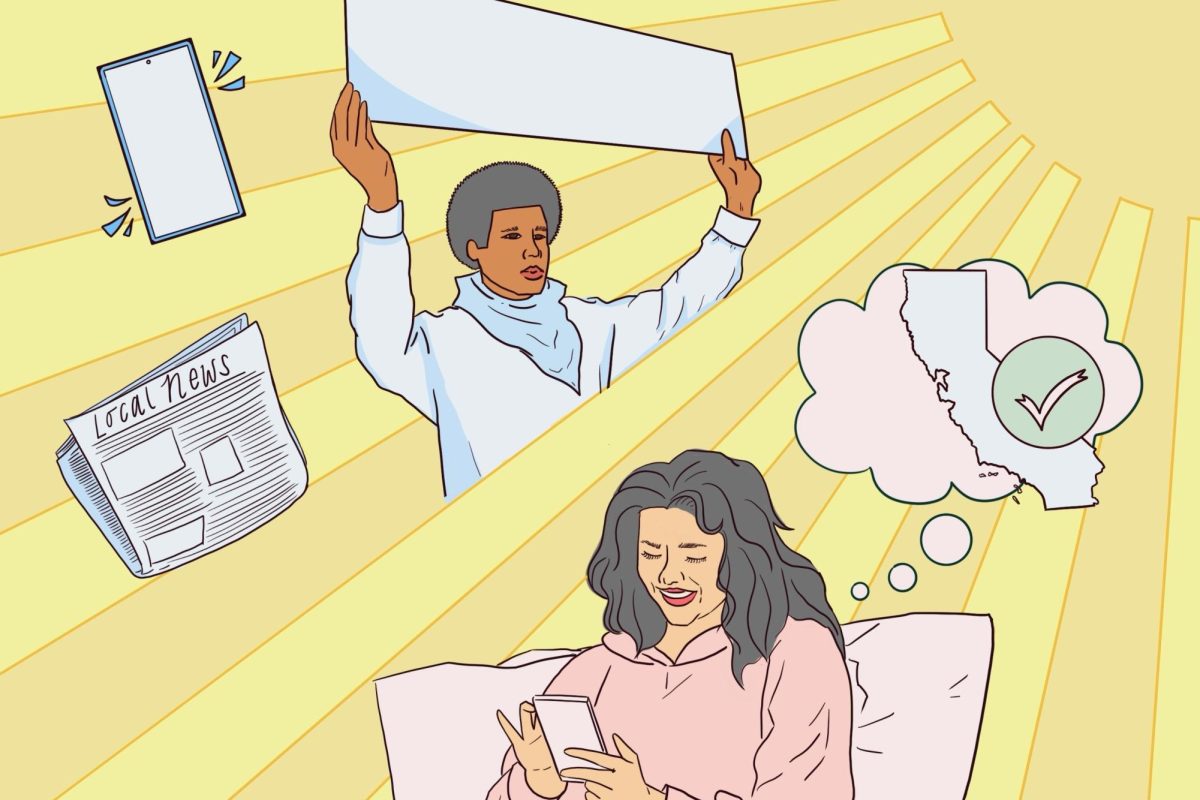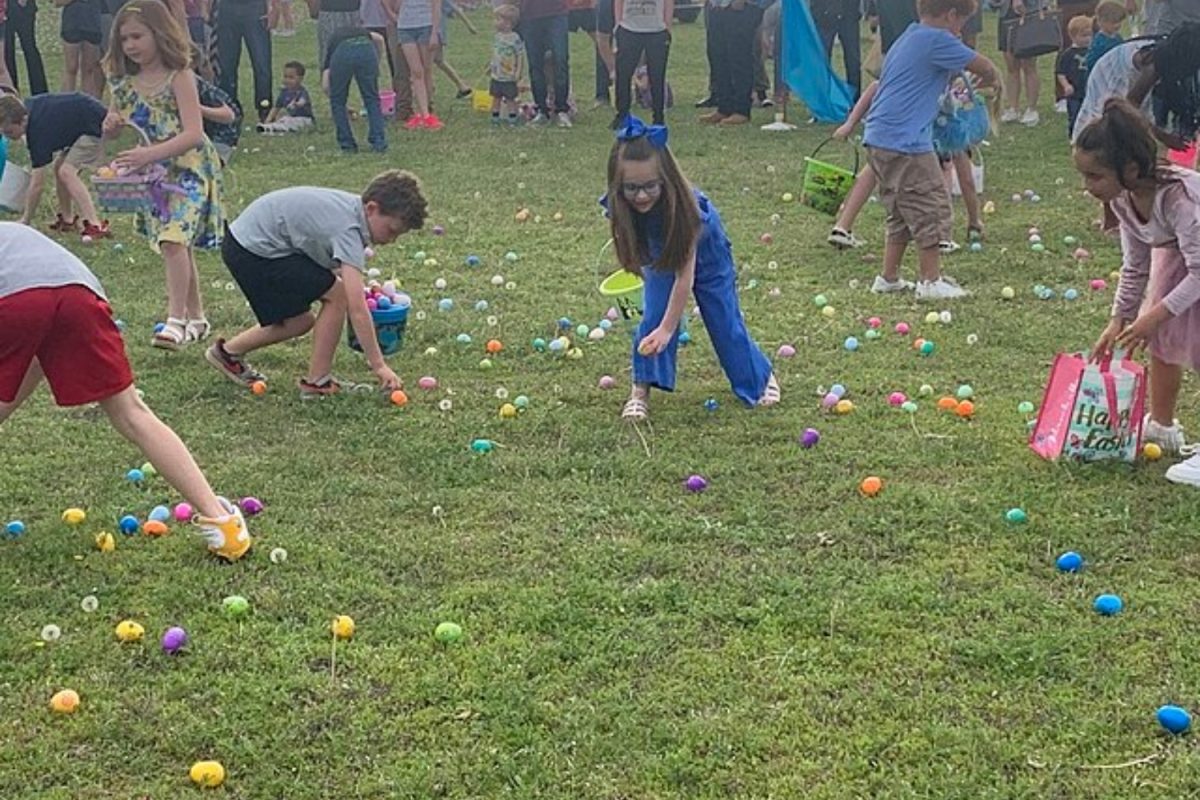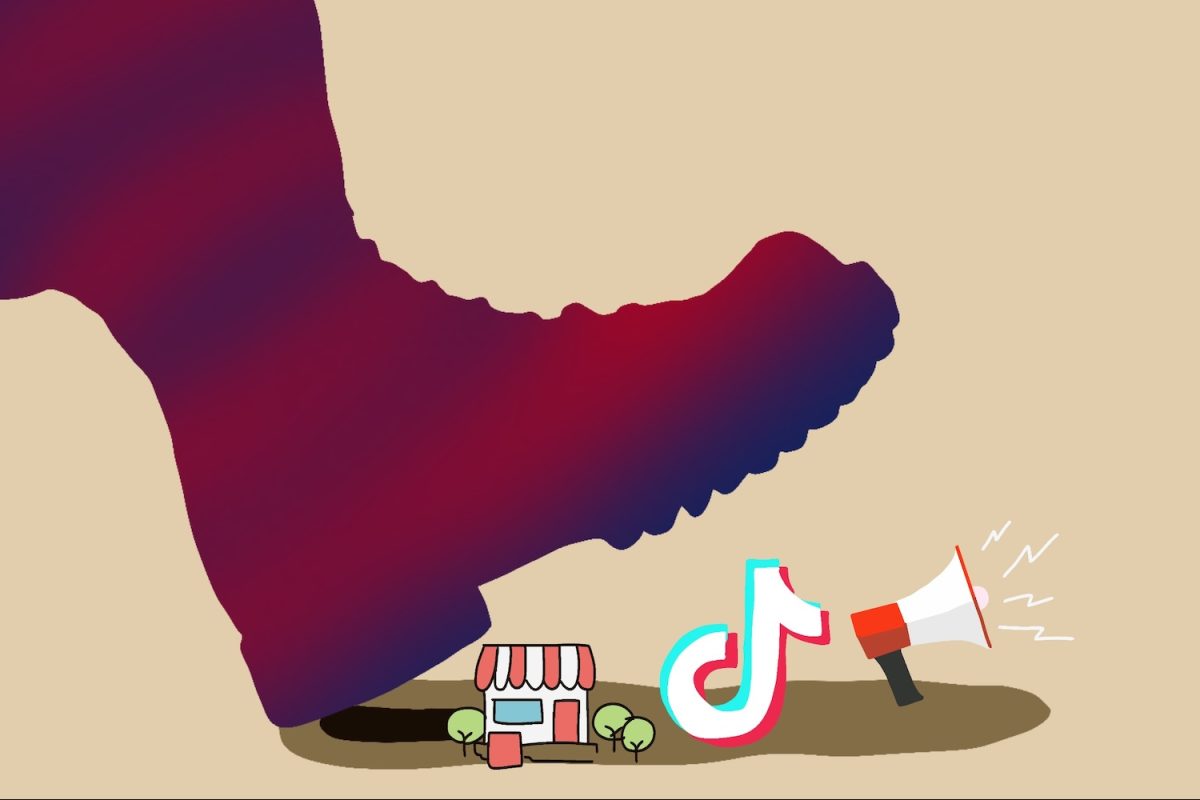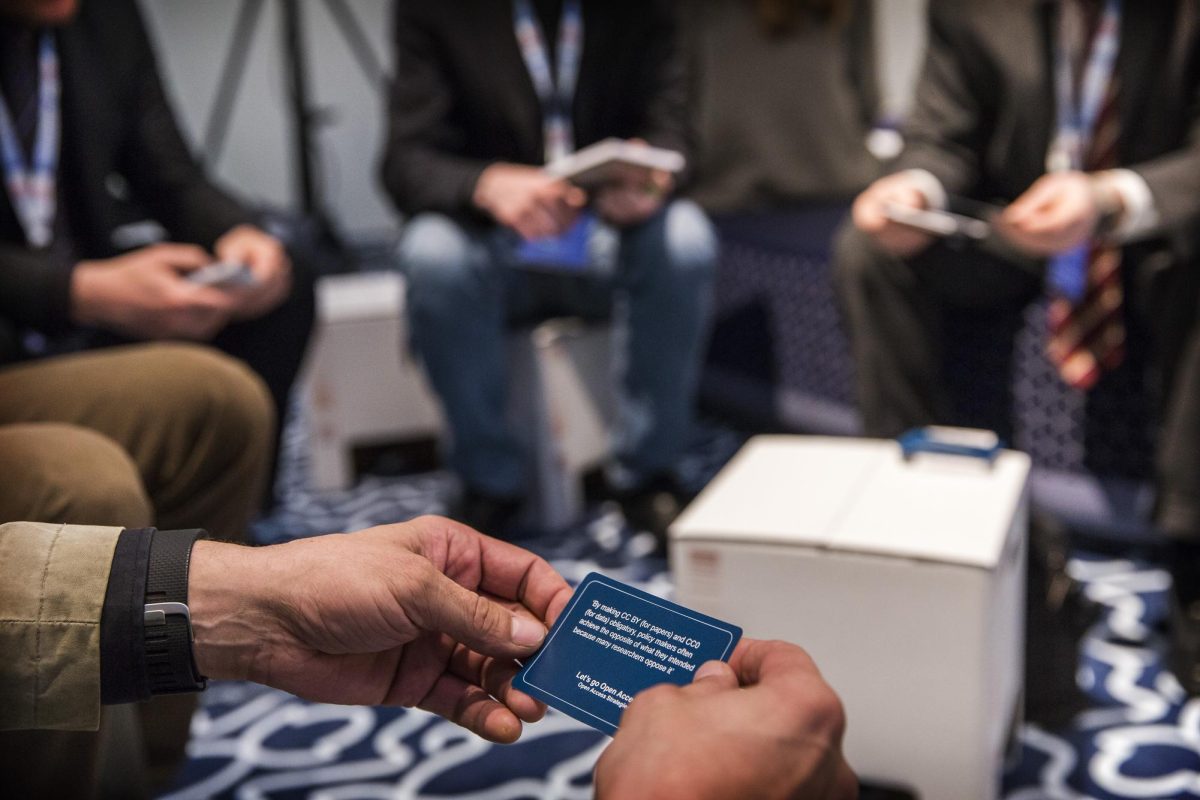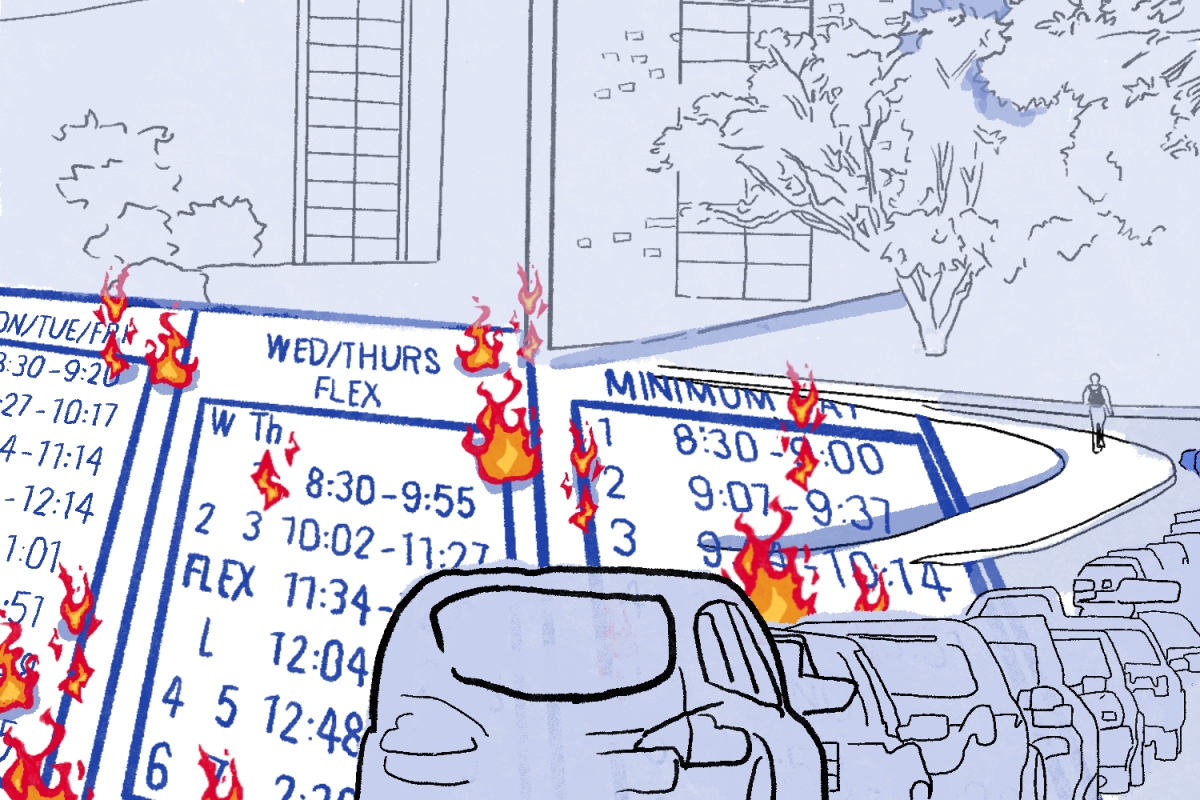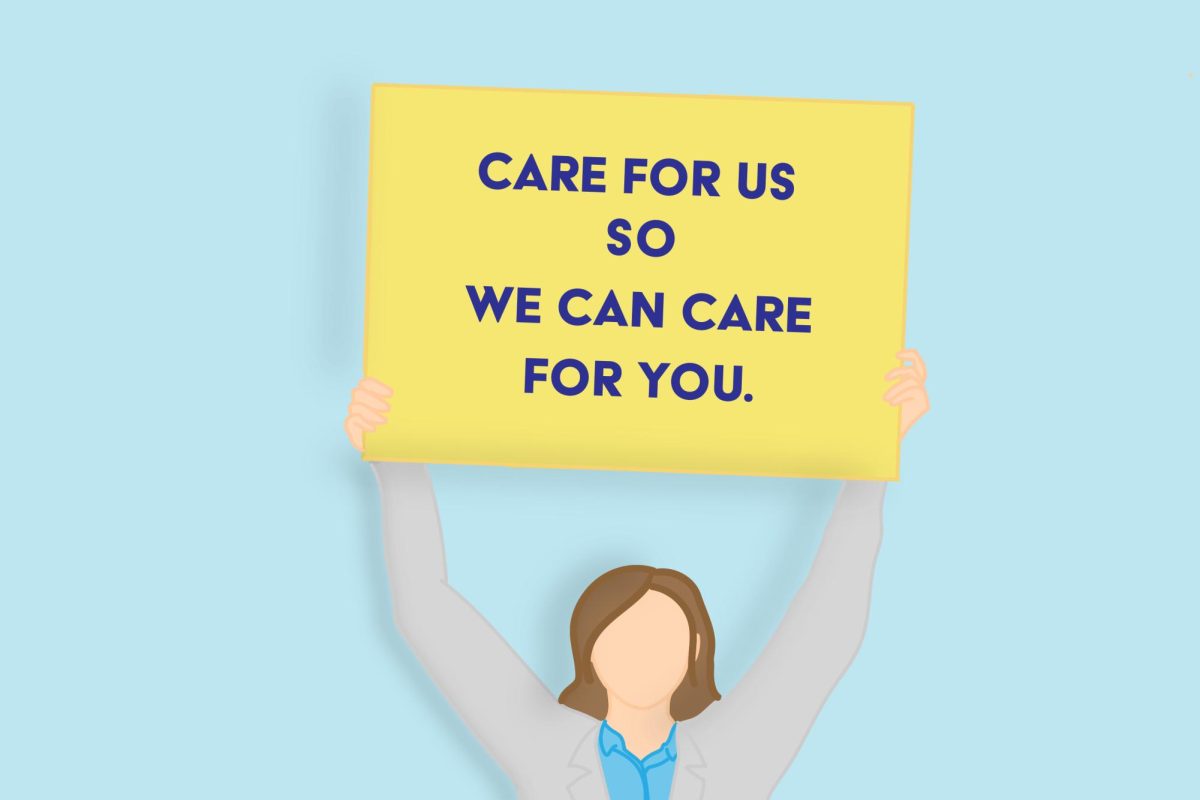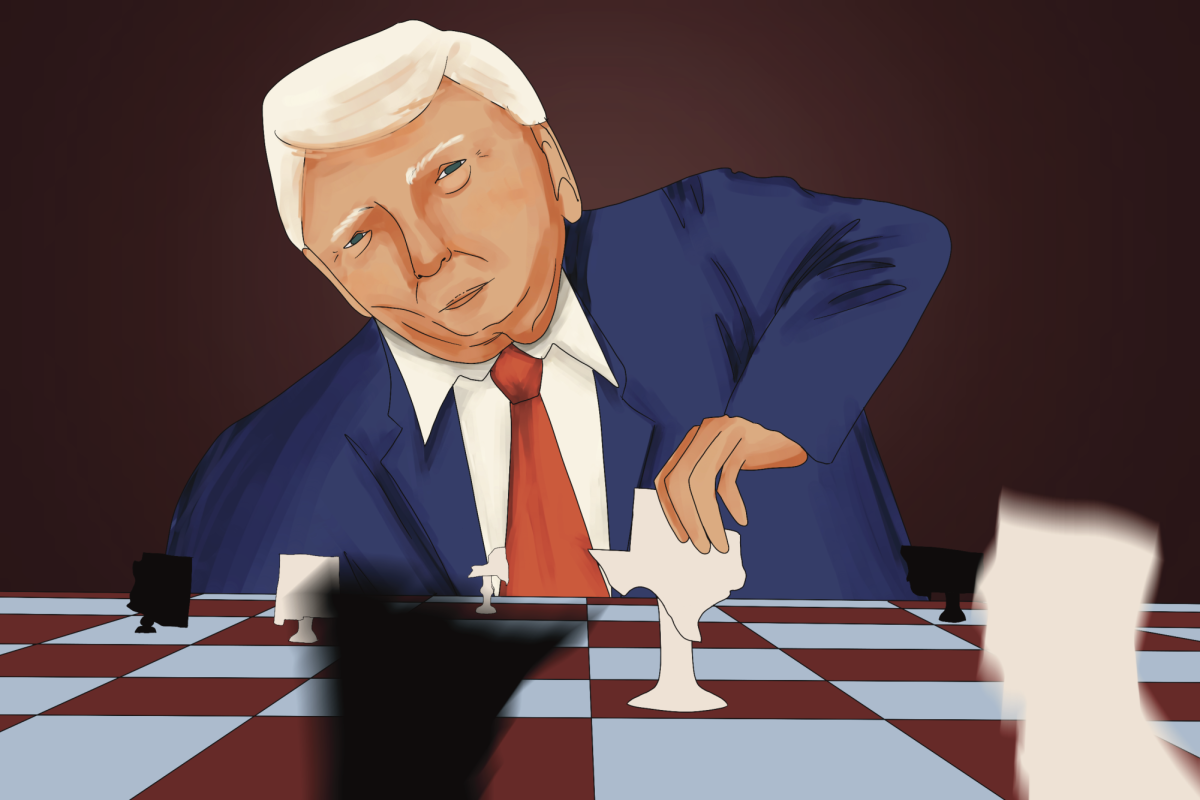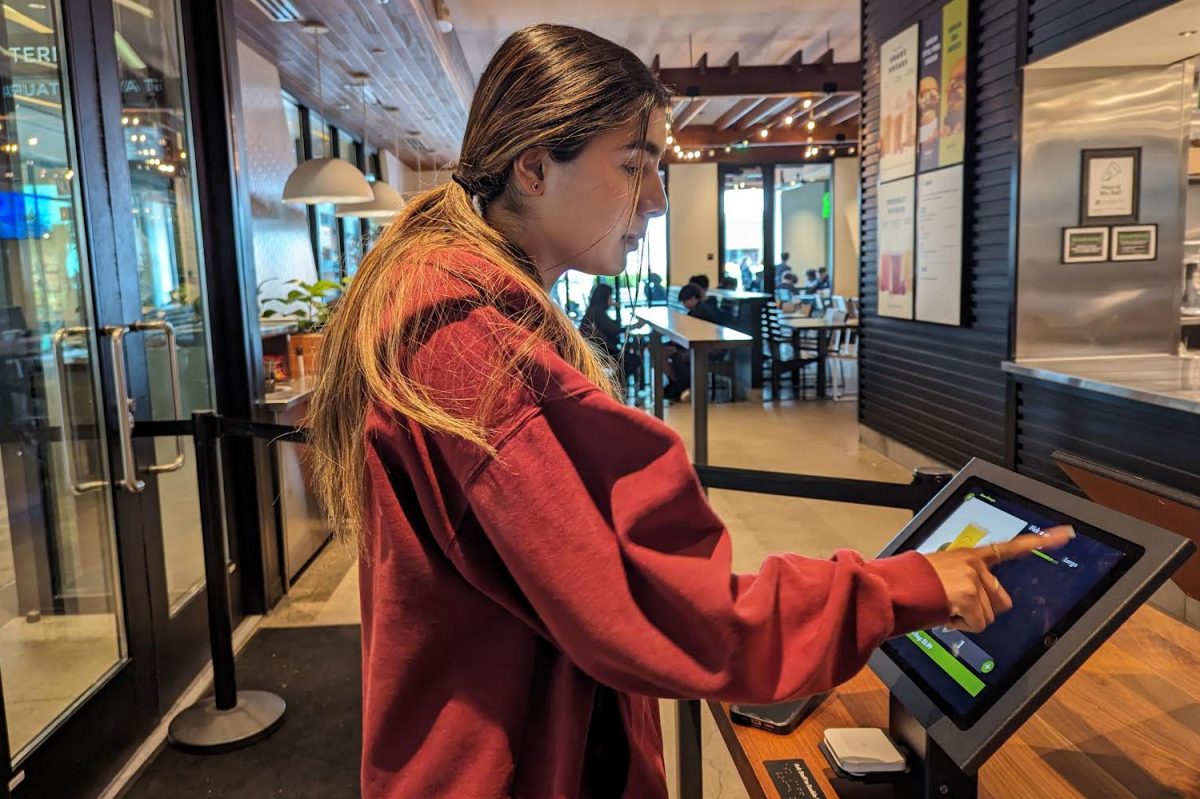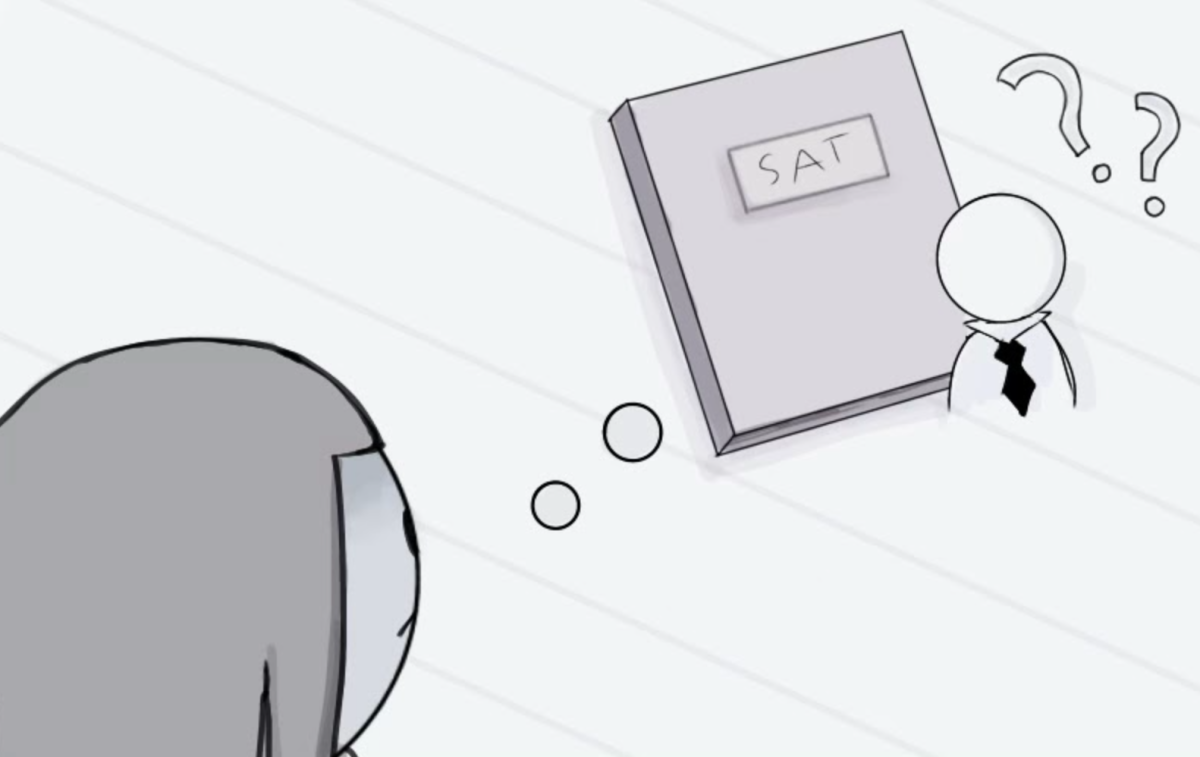In preschool we used to sit in friendship circles, and in elementary school we used to write one thing that we liked about someone else in the class.
Teachers pounded it into our minds that we should “think before we act” in order to preserve the feelings of those around us. Learning to censor our actions in order make sure people don’t get hurt is not a difficult concept. In fact, it seems like it would only take a few seconds, or possibly milliseconds, to determine if what you’re about to do constitutes a bad idea and how that might affect other people.
However, for a majority of the human population, there is that guilty feeling taking residence in their stomach once they’ve realized that what they’ve done hurts others’ feelings. So apparently, thinking before acting isn’t as easy as we thought.
Especially as teenagers, our brains haven’t completely developed. According to the National Institute of Mental Health (NIMH), brains don’t even start to resemble an adult brain until our early 20’s. The NIMH goes on to say that death rates are six times higher in 15-19 year olds than 10-14 year olds, which speaks volumes to the underdeveloped brain’s impaired decision making skills.
In high school there are a couple thousand teenagers, all walking around with similarly underdeveloped brains, and therefore the likelihood and probability for bad decisions increases.
We tear down posters. We blatantly, and loudly, make our opinions widely known without giving the topic more than a few moments thought. We also take to social media to express all that we believe is wrong with the world.
Things spread like wildfire, so once things are out, it’s next to impossible to take them back. Actions are immortalized by the internet, and by word of mouth. Things get blown out of proportion, and grudges are made and held for long times. In a few moments the decision we made in the heat of the moment won’t be forgotten.
Not only do our actions stick around to haunt us, it’s potentially hurtful to other people. By tearing down a poster, it’s hurting the people who put their time, effort, and creativity into creating that poster campaign. The decisions we make in a split second, aren’t forgotten as quickly.
A decision rooted in anger, misunderstanding, or made too rashly, not only leaves that dreaded feeling of worry and guilt in the pits of our stomachs, but also leaves an even longer lasting impression on those we have hurt.
It comes back to another lesson we learned in kindergarten, which was to think of other people’s feelings.
The guilt that we hold after doing something that hurts another person hangs over some people for longer than others, but eventually it dissipates, and we’re able to move on from that feeling. However, to the person who we’ve wronged, their feelings of inadequacy and underappreciation don’t disappear overnight. These feelings can hurt and scar people forever.
Anger and misunderstandings are large, unavoidable parts of life. What differentiates people that hurt people from those who don’t is the moment where a person takes a deep breath, and tries to place themselves in the shoes of the other person. It’s also true that most people aren’t out to harm others, and usually their decisions can be rooted in a place of good intent but potentially bad execution.
It’s all too easy to act rashly and try to mediate the consequences after, but that is only for the person making the decision. The people on the receivingreceiving end don’t forget. By taking a few seconds to think fully about a situation and really try to understand the other sideother side of the situation, we can avoid hurting the feeling of others.
Seconds and milliseconds seem so insignificant in the grand scheme of our lives, but by taking those extra few, we save the feelings of others.the grand scheme of our lives. However, these small moments that are insignificant to us can help make someone else’s life better.

